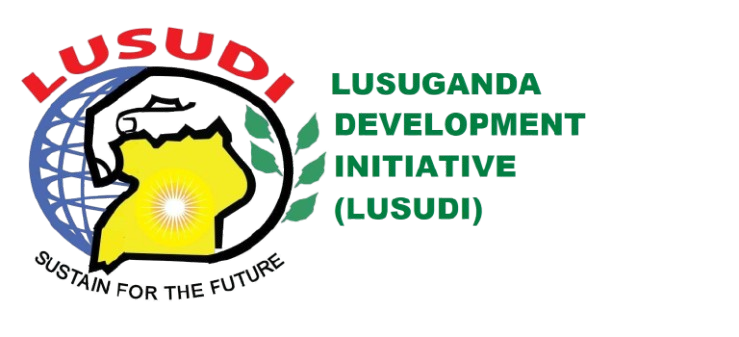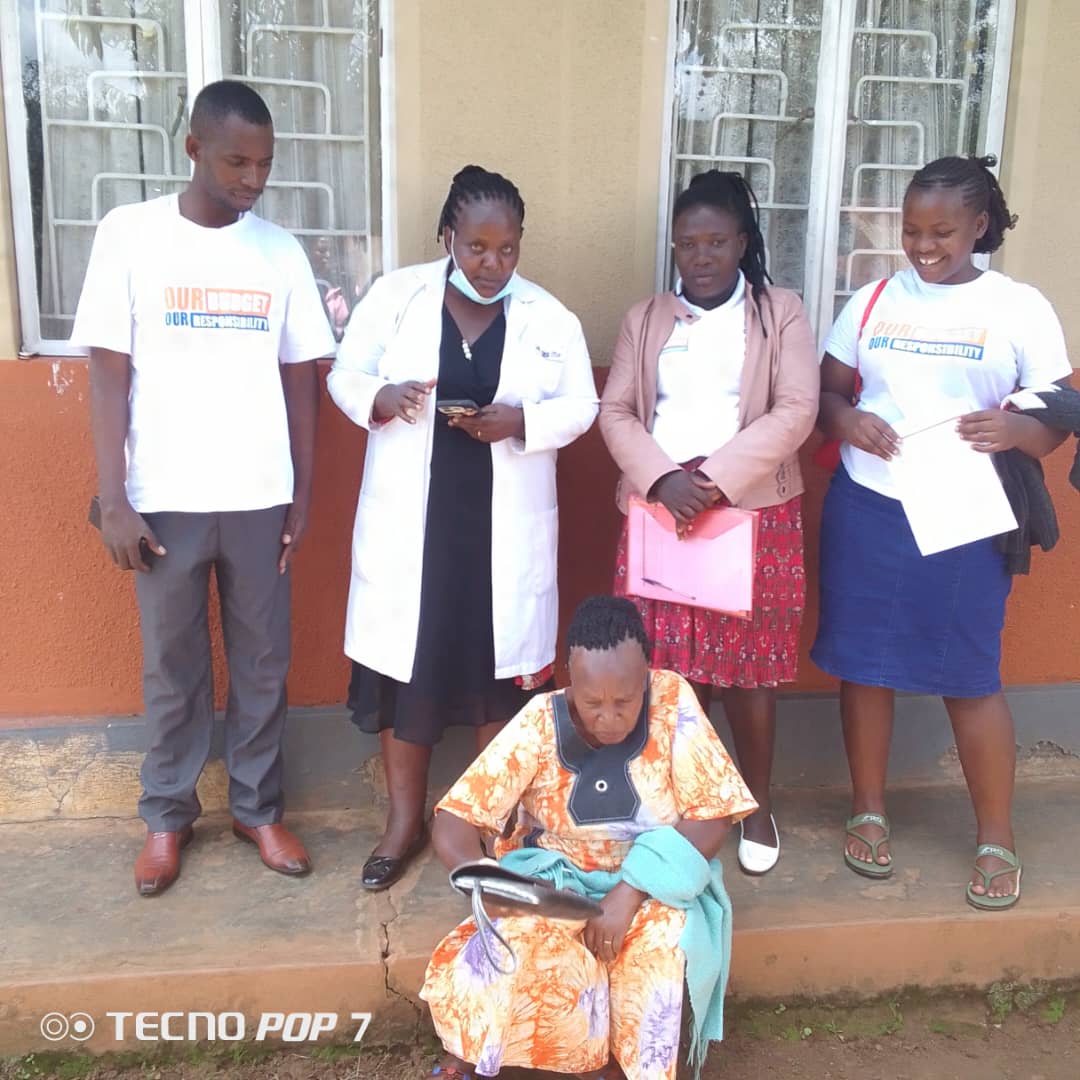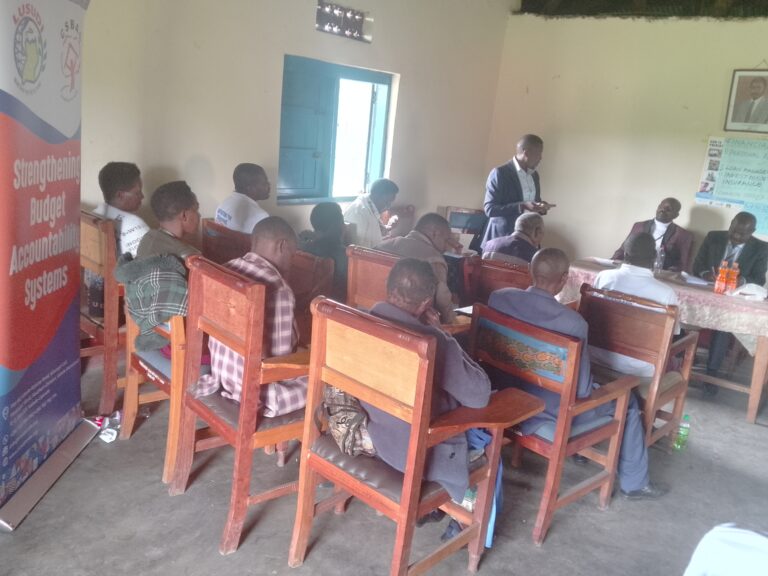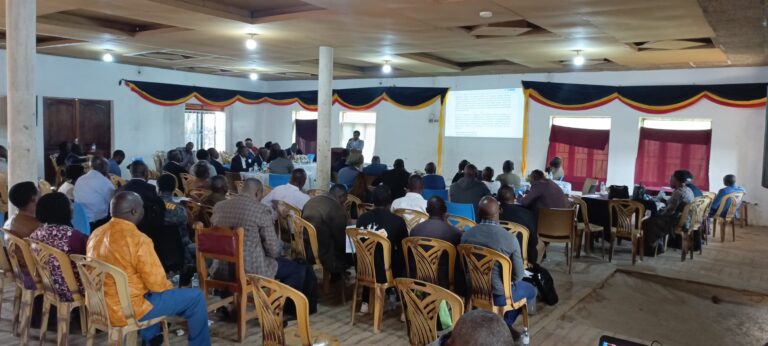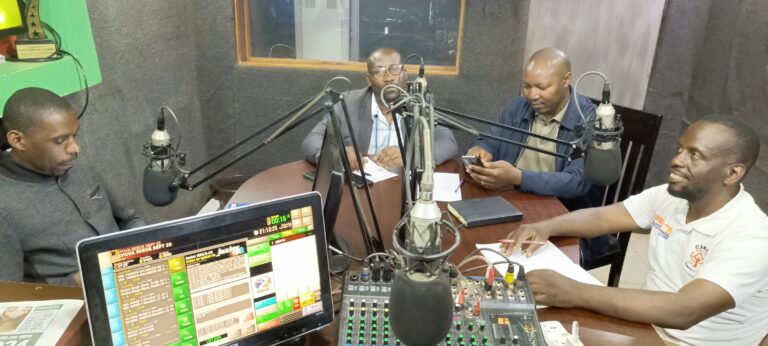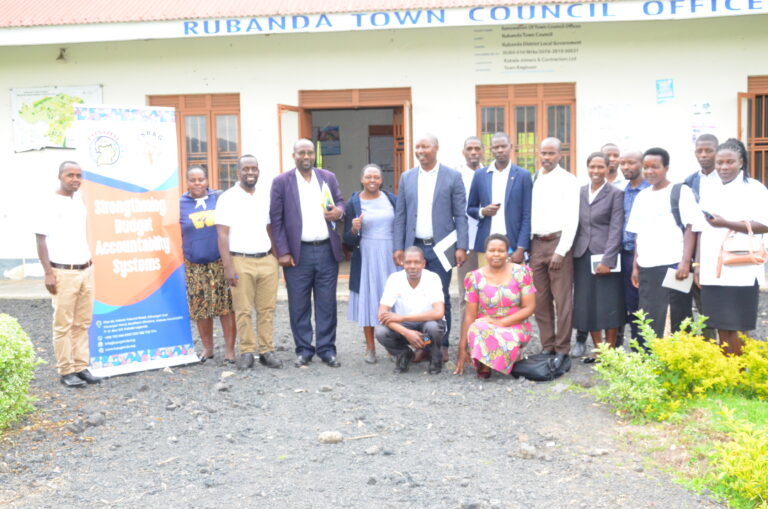LUSUDI Report Reveals Gaps in Health Service Delivery Across Rubanda
A new report by the Lusuganda Development Initiative (LUSUDI) has revealed significant gaps in health service delivery across Rubanda District, calling for urgent government intervention to address staffing, infrastructure, and equipment shortages.
The findings come from a six-month monitoring exercise carried out under the Strengthening Budget Accountability Systems and Practices (BASP) project on 12th December, 2024, aimed at empowering citizens to influence fiscal priorities and strengthen collaboration between communities and government.
Using a community-based approach, 44 trained Participatory Budget Club (PBC) members and Community Budget Facilitators (CBFs) visited 27 health facilities across the district between July and December 2024. Data was collected through interviews with health facility in-charges, photographic evidence, and verification of budget information displayed on noticeboards.
The monitoring revealed that 70% of the facilities visited were Health Centre IIs, with only a small fraction upgraded to Health Centre IIIs or IVs a sign that the government’s ongoing upgrade process is progressing slowly.
Staffing levels varied widely. The district’s two HC IVs had an average of 42.5 medical workers, compared to just 13.5 at HC IIIs and 2.5 at HC IIs. The report also noted a gender imbalance, with some facilities staffed entirely by women.
Other challenges included:
-
Security gaps . All HC IVs lacked adequate safety measures.
-
Infrastructure constraints . Most HC IIIs lacked separate wards for maternity, children, men, and women.
-
Poor waste management . Some facilities lacked garbage pits, and use of incinerators was limited.
-
Unreliable power. Many health centers had no access to consistent electricity or solar power.
-
Medical equipment shortages. Delivery beds and other essentials were missing from several facilities.
-
Inconsistent medical supplies. Deliveries from the National Medical Stores were irregular in some locations.
LUSUDI’s Executive Director, Byamukama Simon, described the report as a wake-up call. “These findings show that while progress has been made in expanding health services, serious gaps remain that directly affect patient care. The government must accelerate the upgrade of lower-level facilities and invest in staffing, equipment, and infrastructure,” he said.
He also emphasized the value of citizen-led monitoring. “When communities are part of assessing services, the data we get is grounded in reality. This makes it harder for critical needs to be ignored,” Byamukama added.
The report recommends fast-tracking the upgrade of HC IIs to HC IIIs, improving staff accommodation, supplying essential medical equipment, and ensuring all facilities are secure, well-lit, and have adequate waste management systems.
By documenting these realities, LUSUDI hopes to strengthen accountability and ensure that Rubanda’s health facilities are safe, adequately staffed, and equipped to meet the needs of all citizens.
